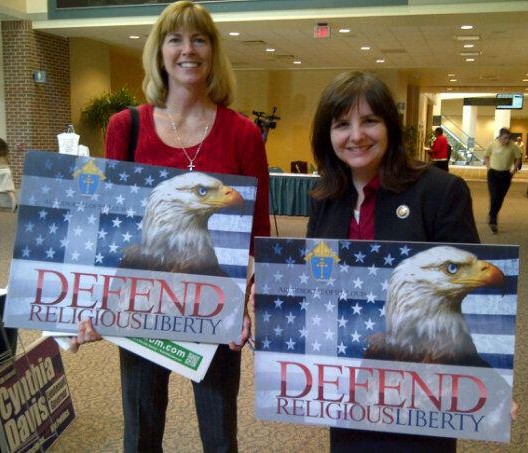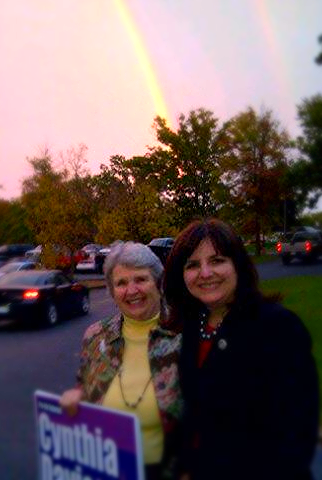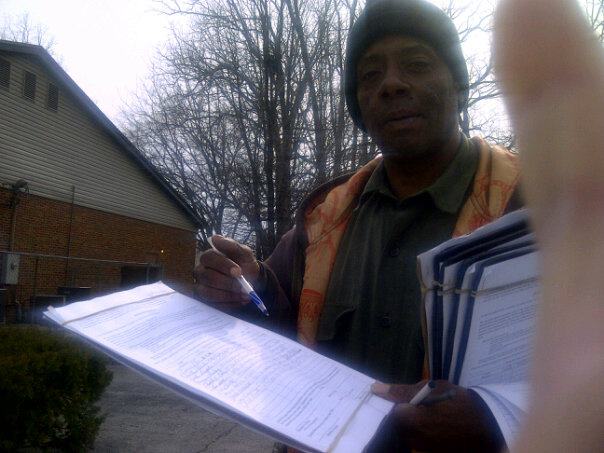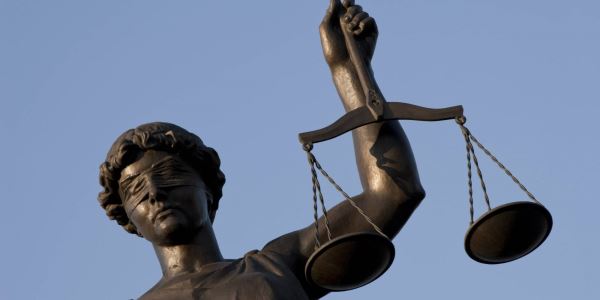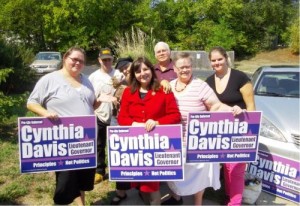-
We Believe, We Vote!
How many of you are tired of getting bamboozled time and again? A friend called me yesterday to ask me about what’s involved in vetting (evaluating) candidates. That’s a great question because most of the people who care about our country realize that unless we start vetting candidates, we are in for one disappointment after another.
It’s possible to still be let down by the person we supported, but if we learn to vet the candidates first, there will be fewer surprises.
Here are some of the problems that make it difficult to vet candidates:
1.) They usually keep their contact information hidden. Years ago when I ran for public office for the first time, it would have been embarrassing to have an unlisted phone number. I expected my constituents to call me at home. Now, they keep their home information as a tightly guarded secret, and the only way to make contact with most of your city and school officials is to call the district office switchboard and leave voice mail. Good luck getting your calls returned.
This bothers me because if an elected official doesn’t want voter contact, he shouldn’t put his name on the ballot. They now use the staff to buffer interaction. However, the one moment when they want contact with voters is during the election season.
-
Photo ID Requirements
Elections have consequences. Some of those consequences are more severe if few people come out to vote and especially if the people who come out are not legitimately qualified to vote.
More than 32 other states have Photo ID laws, yet Missouri doesn’t. Regardless of your political party, shouldn’t we all agree that protecting the process is critical? Voter fraud has been happening since voting began.
-
How Are You Voting?
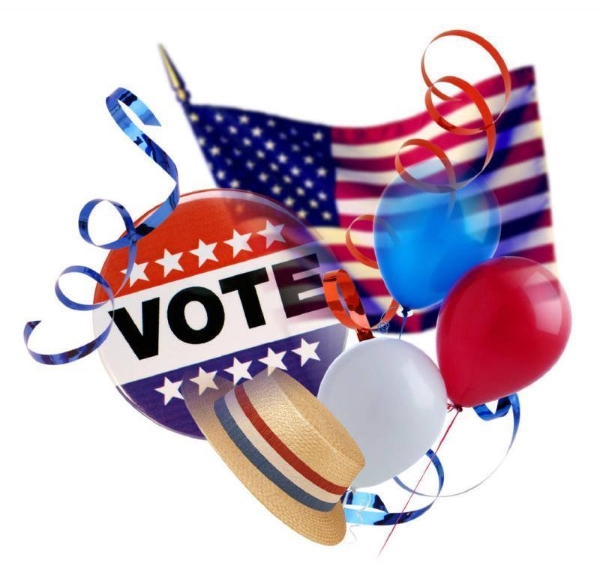
There is no virtue in voting. There is only virtue in voting the right way. The purpose of this newsletter is to inform you, but also inspire you to vote in an informed manner. One week from today, all states will be holding elections. In addition to having your opportunity to select your favorite candidate, there are some ballot issues to be considered.
Consider this:
-
Early Voting
When I went to vote, I was confronted with this petitioner at my polling precinct. A percentage of people will sign petitions just because they are being amenable and can’t think of a reason not to do so.
I didn’t sign his petition, but I did take his picture. The point is that some people will vote “yes” for whatever is on the ballot just because they figure if someone wants it bad enough to ask, they might as well just give it to him.
The greatest harm caused by early voting is that a percentage of voters will be pressured to vote for a person or a law whom they might otherwise not choose. When people show up to vote without knowledge of what they are doing or without enough self-motivation to go without prodding, you can be sure that others outside the system are manipulating the process. In some states that have early voting, organizations have loaded up buses to transport people from their work places to go vote. Many of these are voting under compulsion and would otherwise lack the intrinsic motivation to exert the effort.
On your November ballot, you will see a question of whether we should have early voting. At first glance, most will think this is a matter of convenience, but it is far more devious than that. It has the potential to destroy the honor of our system and will allow the winning side to be determined by who can bus-in and arm-twist the most uninformed voters.
-
Ballot Questions
Voting is a moral issue. We owe it to ourselves and our government to take the time for thoughtful consideration before we cast our votes. Many people go out to vote for one special candidate or one issue. When they get into the voting booth, where it is too late to ask any questions, they are suddenly confronted with the problem of all these other people and surprise issues they never considered.
With less than two months to go before the next election, it’s time to start the education process for what you will see in November. The purpose of these next few newsletters is to help you understand what you will see on the ballot, but more importantly, how you should think when you see these questions on your ballot.
Please be wary of the technique that many political parties employ to put an emotional issue on the ballot just to drive up the vote tally. Many proposals do not belong on the ballot, but overzealous legislators and civic organizations feel they need to prove their validity by attempting to pass more laws. Bear in mind that we already have plenty of laws to cover nearly every topic and sometimes new proposals can be redundant or make things worse with unintended consequences.
One problem we have in Missouri is that the ballot summary may be written by someone who misses some details. We end up voting for what sounds like a fine idea on the surface, but might be horrible in practice. The majority of voters (but not my readers), are easily manipulated and tend to like the idea of being able to pass laws, but the consequences often don’t come out until later.
Oftentimes, a proposal comes with a story of something it is attempting to correct. If we are going to pass laws based upon stories, let’s also include the story of what could happen if the worst interpretation occurs.
-
Nick Neuberger – Locke and Smith Award
Podcast: Download
Subscribe: Apple Podcasts | RSS | More
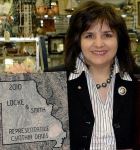
Rep. Cynthia Davis, 2010 Locke and Smith Award winner Do you care about the legislation being passed in your state? In this edition of Home Front Nick Neuberger shares with us his story of how he got involved and how with a simple tool we can all create some accountability.
The Locke and Smith Foundation has a system whereby they rate the votes and bills in the Missouri legislature on how they match up with the Constitution. How Constitututional did your legislator vote last year? Track the bills and your legislator’s performance using Nick’s Vote Track app that brings the research of the Locke and Smith foundation to your iPhone (coming soon to Android and possibly other states as well). Follow the progress of Vote Track on Facebook at www.facebook.com/votetrack
Listen to learn how you can prevent your elected officials from trying to bamboozle you and how you can make your voice heard!
-
How To Identify “The Good Ones”
Do Christians Effect Elections?
This is a picture someone took of me with some friends in front of a church. Not all pastors or churches allow candidates to share their hearts and souls with their congregations. Some pastors are afraid to do so because they don’t want members of their congregations to be offended. I am grateful and applaud the pastors who are brave enough to engage candidates, allow the candidates to be questioned and are interested in the intersection between our faith and our public lives.
